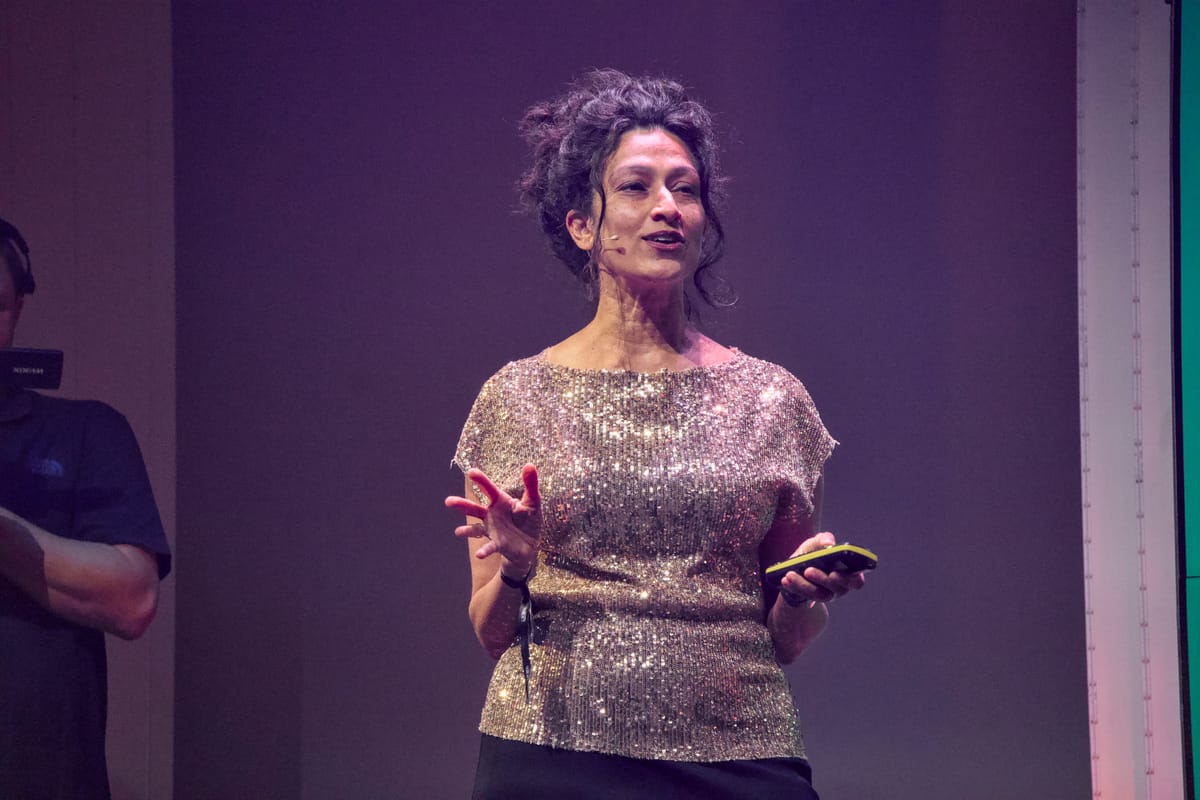Walking the narrow path between tech utopianism and digital cynicism
We’ve been burnt by the tech companies, and we’re rightfully wary. But slipping into digital doomerism won’t help us solve today’s problems.

It’s interesting — and revealing, I think — that the most read liveblog post of mine from #NEXT24 was about the talk by Payal Arora.
Her portrayal of the optimism and proactive spirit with which the Global South is approaching tech as a stark contrast to the increasing tech cynicism of the West was the sort of perspective shift we need culturally right now.
We have, traditionally, been too optimistic about new tech, and unwilling to prepare or consider its downsides. The history of the late 2000s and early 2010s was all about “rah, rah, let’s disrupt everything”, and we’re feeling the consequences of that now in our societies, our politics, and our economies.
The rise of tech doomerism
But you don’t solve that problem by shifting entirely into a downbeat, luddite approach. And that’s what we’ve been doing. If you look at the reaction to AI, a new and emergent transformative technology, you can see that the general response to it is sceptical, with a sprinkling of doomerism. Sure, we’ve been trained into that idea by decades of science fiction from Star Trek to Terminator portraying emergent AI as a threat to human life.
It’s all but impossible to univalent technology. Once it’s here, it’s here and we need to learn to deal with it. We’ve been remarkable poor at doing that over the last few decades with technology. We’ve allowed huge power to amass in a very small number of companies, which means that decisions that have the potential to have a huge impact on our lives and politics fall to a handful of unelected people. Today’s announcement from Mark Zuckerberg about the end of fact-checking on Meta’s products is just one example of that.
Is he doing it to avoid Meta being attacked by Trump with the power of the US state? Almost certainly. Is it a bad thing for society as a whole? Indubitably. Facebook as a site and as a company should never have been allowed to gather so much power over our information structure. When market forces fail — as they clearly have here — governments should step in.
Protective optimism
This market needed regulation much earlier, so there was more competition, and less consolidation of power and influence. And, as a result of inaction, we have a single point of failure, vulnerable to pressure from a government that won’t cleave to democratic norms.
You need to balance the sense of possibility and optimism with a sensible assessment of the risks and costs. And then act on both the opportunities, and the risks. We’ve been much better at the former than the latter. But let’s not make the mistake of crushing our potential because of the mistakes of the past.
Striking a balance between the two should be our task in the back half of the 2020s…
Read the post






